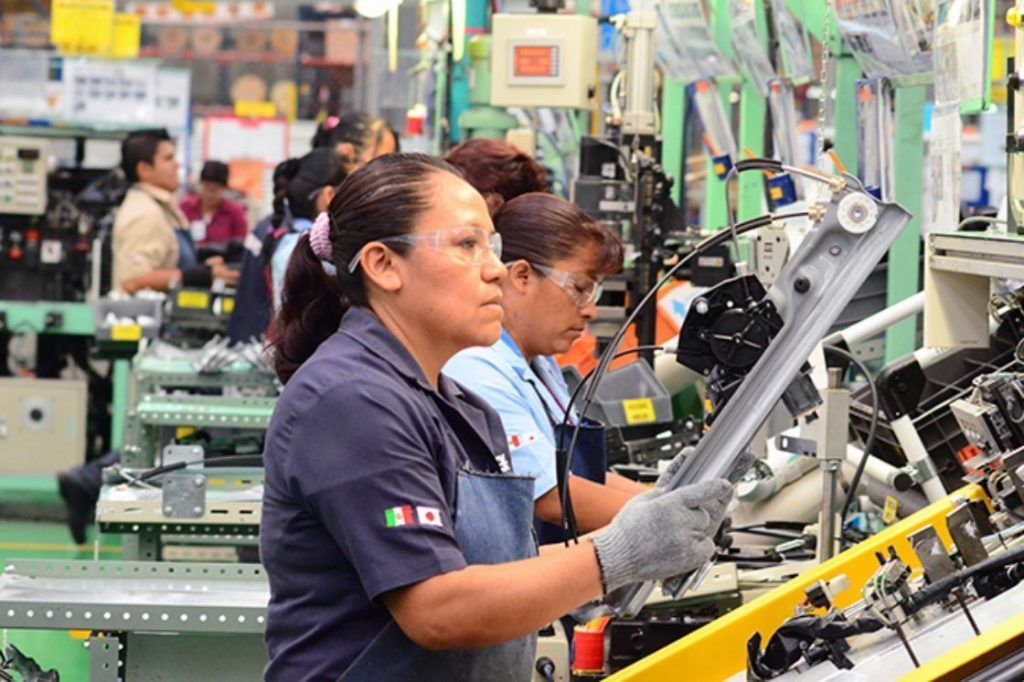The U.S. government highlighted the benefits of the Rapid Response Mechanism (RRM) for settling labor cases under the USMCA.
According to the State Department, as of the end of July 2024, the United States had requested that Mexico review labor rights denials in 25 cases under the RRM.
These are the benefits of the Rapid Response Mechanism, according to the United States:
- Twenty-one cases resulted in successful resolutions.
- 36,000 workers benefited
- 5 million dollars in back pay and benefits.
Mexico’s Labor Reform includes an important international component related to freedom of association and collective bargaining. This aspect is found in the Labor Chapter of the USMCA.
The MRR is an instrument designed to resolve labor disputes. Its main function is to allow for the investigation of alleged violations of freedom of association and collective bargaining rights in the workplace.
If such violations are detected, remediation plans can be agreed upon to correct them. Ultimately, if necessary, sanctions can be imposed on the company responsible for these violations. Thus, the RRM seeks to protect labor rights and promote a fair working environment.
Benefits of the Rapid Response Mechanism
Remedies available in case of violations may include suspension of duty-free treatment for goods produced at the offending facility. In more serious situations, even the entry of such goods could be denied, especially if the facility has been found in violation on at least two previous occasions.
This rapid response mechanism is applied in priority sectors. Priority sectors are considered to be those that produce manufactured goods, provide services or are related to mining.
For clarity, manufactured goods cover a wide range of categories.
These include, among others:
- Aerospace components.
- Automobiles and auto parts.
- Cosmetic products.
- Industrial baked goods.
- Steel and aluminum.
- Glass.
- Ceramics.
- Plastics.
- Forgings.
- Cement.
In addition, Annex 23 A of the USMCA establishes that Mexico must incorporate in its legislation provisions that guarantee the right of workers. This right includes participating in collective bargaining and organizing, as well as forming and joining the union of their choice. All of this must be done without interference by employers in union activities.

